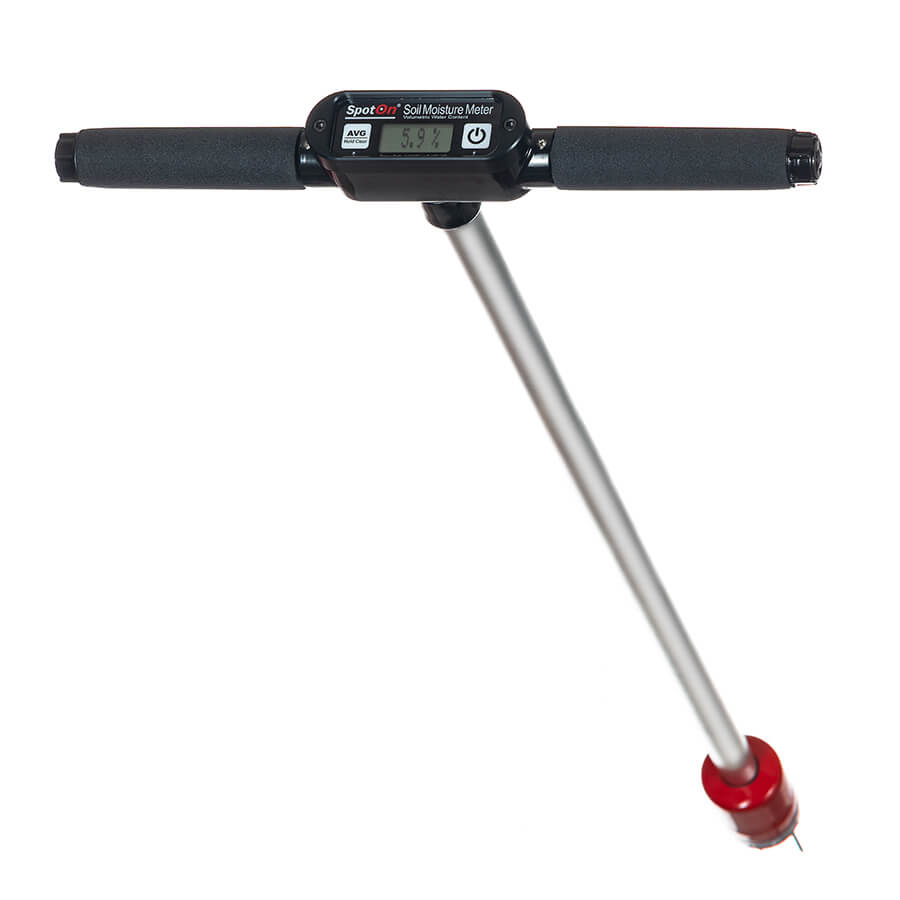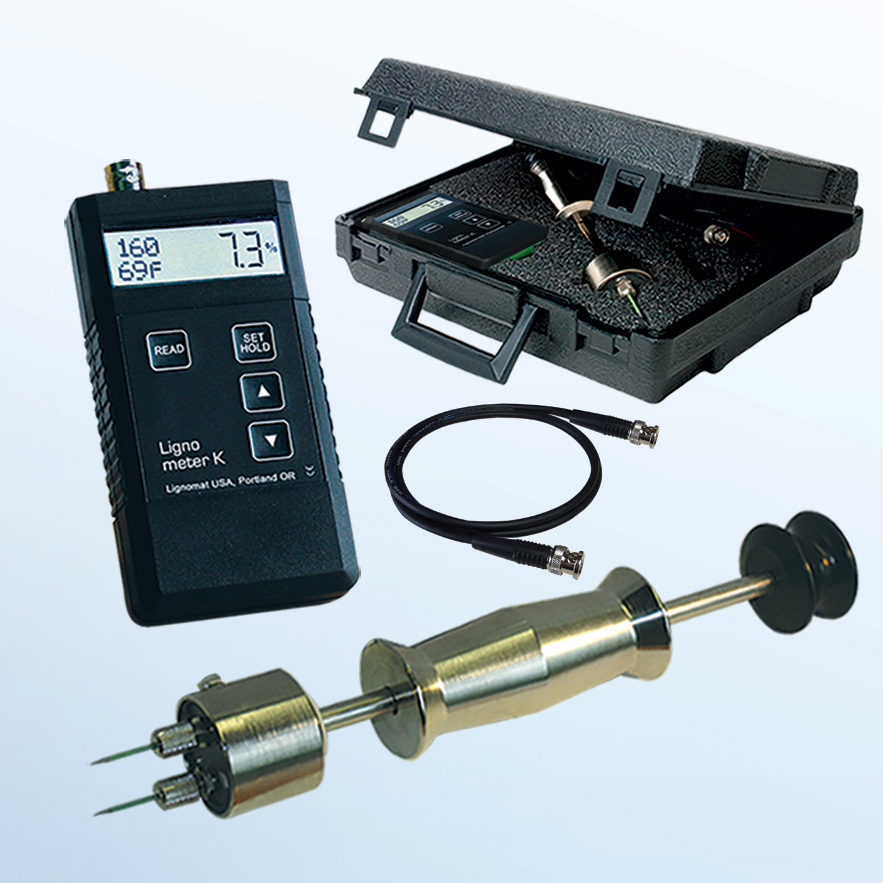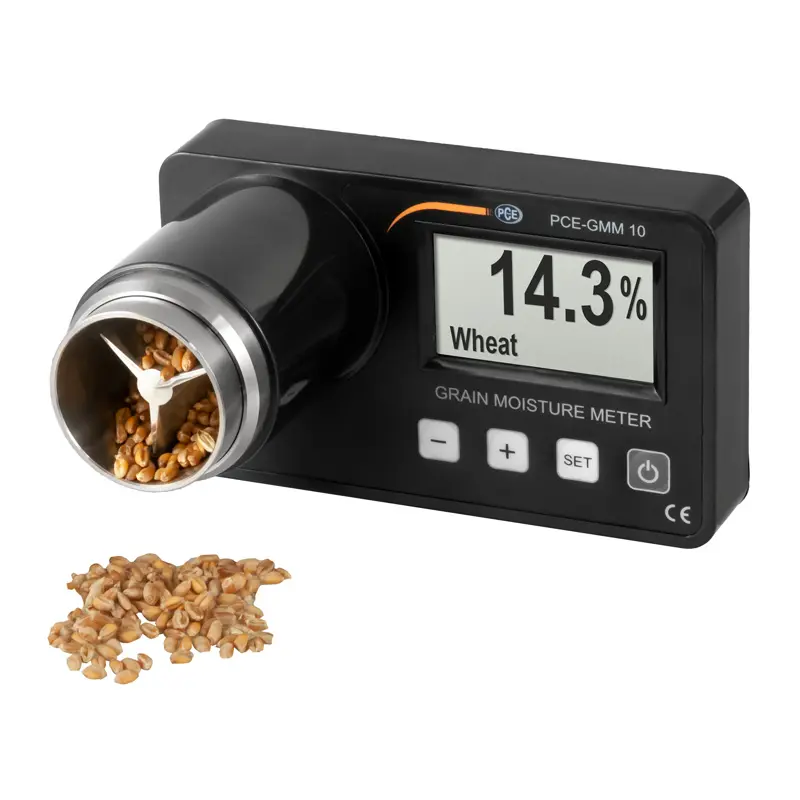The Ultimate Overview to Moisture Meters: A Comprehensive Overview and How They Can Conserve You Money
In the realm of structure upkeep, construction, and different sectors, the relevance of precisely measuring wetness degrees can not be overemphasized. Dampness meters work as indispensable tools in discovering and keeping an eye on moisture content in materials, aiding in avoiding pricey damages and making certain the high quality of products. Understanding the nuances of different types of moisture meters, their applications, and the prospective cost-saving benefits they offer can be a game-changer for experts and companies alike. Finding how these devices can not only streamline processes however additionally add to monetary cost savings is a journey worth beginning on.
Sorts Of Moisture Meters
One typical kind is the pin-type moisture meter, which measures the electrical resistance between 2 pins put right into a material. Pinless moisture meters, on the various other hand, usage electromagnetic sensing unit plates to check a larger location without triggering damage to the material's surface area.
Infrared wetness meters measure the thermal residential or commercial properties of a product to establish its dampness content non-invasively, making them beneficial for applications where pin or pinless meters might not be suitable. Comprehending the different types of dampness meters available can help markets choose the most suitable tool for their particular moisture measurement demands.

Advantages of Making Use Of Moisture Meters

Additionally, utilizing moisture meters can lead to enhanced energy efficiency. In agricultural setups, wetness meters play a crucial function in maximizing plant returns by making it possible for farmers to keep an eye on soil dampness levels and make educated watering decisions.
Just How to Pick the Right Moisture Meter
Picking the suitable wetness meter entails taking into consideration essential aspects such as product compatibility, dimension variety, and calibration precision. When choosing a wetness meter, it's vital to make certain that the meter appropriates for the particular product you will certainly be screening. Different products have differing electric residential properties that can affect moisture analyses, so choosing a meter created for your material is important for precise results. Additionally, take into consideration the measurement series of the dampness meter. Ensure that the meter can find moisture degrees within the range required for your applications. Calibration accuracy is one more crucial variable to remember (Moisture Meter). Choose a wetness meter with trustworthy calibration to make certain accurate and constant analyses. Some meters may need routine calibration changes, so comprehending the calibration procedure is vital. By meticulously assessing these aspects, you can choose a moisture meter that meets your demands and offers exact wetness measurements for your projects.
Proper Techniques for Moisture Meter Usage
To ensure exact dampness analyses and optimize the effectiveness of a moisture meter, utilizing proper methods is crucial. When making use of a pin-type dampness meter, insert the pins or probes right into the material being tested until they make full get in touch with. By complying with these proper strategies, users go to my site can count on their wetness meter to give trustworthy dampness levels, assisting in stopping costly damage or making sure high quality in various applications.

Price Savings Through Moisture Meter Applications
Exactly how can the critical application of wetness meters lead to significant price savings throughout numerous sectors? In the agriculture market, wetness meters aid in identifying the ideal time for gathering crops, avoiding excess or over-drying dampness that can affect the last product's high quality.

Additionally, in the food processing market, moisture meters are necessary for keeping an eye on product top quality and making sure conformity with safety and security policies. By accurately determining dampness web content in food, producers can protect against putridity, maintain freshness, and minimize waste, resulting in considerable price savings. On the whole, the strategic application of moisture meters is a beneficial investment that can lead to significant cost reductions and enhanced performance throughout different industries.
Final Thought
In final thought, wetness meters are useful tools for determining and discovering moisture degrees in different materials. By making use of the right dampness meter and adhering to appropriate methods, customers can successfully stop pricey damages triggered by excess wetness. Purchasing a high quality moisture meter can lead to considerable cost financial savings in the future by determining prospective issues beforehand and allowing prompt remediation. Eventually, dampness meters are necessary tools for preserving the honesty and long life of frameworks and materials.
Dampness meters offer as crucial devices in finding and keeping an eye on moisture content in materials, assisting in protecting against costly problems and guaranteeing the top quality of products. Infrared wetness meters gauge the thermal properties of a material to establish its wetness material non-invasively, making them valuable for applications where pin or pinless meters might not be suitable.Wetness meters use invaluable benefits in precisely monitoring and evaluating wetness levels in varied materials and environments. In agricultural settings, wetness meters play an essential role in enhancing plant yields by enabling farmers to monitor soil wetness levels and make notified irrigation choices.In conclusion, here dampness meters are useful devices for gauging and finding dampness degrees in numerous products.